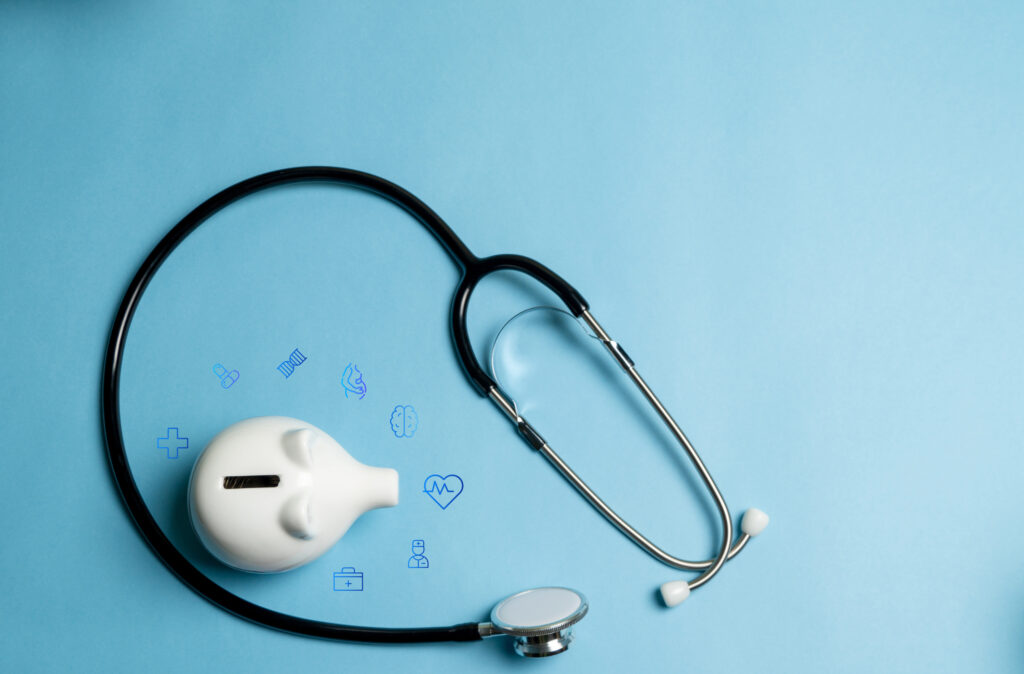Data breaches and ransomware attacks continue to be concerns for health systems and practices of all sizes. They not only compromise sensitive patient information, but also cause significant damage to finances and reputations. Below, we explore what costs could affect your practice in the event of a healthcare data breach, and what you can do to avoid them.
The Staggering Costs of Healthcare Data Breaches
Healthcare data breaches can have far-reaching consequences for your practice. Consider that the average breach in 2021 resulted in $9.23 million per incident. This is attributed to various expenses, including:
1. Regulatory Penalties
Violating regulations under the Health Insurance Portability and Accountability Act (HIPAA) due to a data breach can result in heavy fines and penalties. Additionally, practices may be required to invest in remediation efforts to address deficiencies in compliance.
2. Legal Fees
Data breaches often lead to lawsuits from affected patients who are seeking damages for having their medical records compromised. Legal defense costs, settlements, and potential payouts can escalate quickly.
2. Damaged Reputations
Trust is paramount in healthcare, and a data breach can erode patient confidence in a practice’s ability to safeguard their information. Negative publicity, loss of patients, and a tarnished brand can have long-term consequences that impact revenue and growth.
4. Disrupted Operations
Dealing with the aftermath of a data breach can be disruptive to a practice’s normal routine. IT resources may be diverted to address vulnerabilities and mitigate further risks, which can lead to system downtime for health portals and access to patient data.
5. Data Recovery and Remediation
Following a breach, practices must invest in forensic investigations, data recovery efforts, and system upgrades to prevent future occurrences. These remediation costs can be substantial, especially if the breach is widespread.
The Importance of SOC 2 Type 2 Data Centers
To mitigate the risks of a healthcare data breach, healthcare practices must prioritize data security and robust safeguards — both on and off premises. This includes the right infrastructure for managing patient data by implementing SOC 2 Type 2 data centers.
SOC 2 (System and Organization Controls 2) is a framework developed by the American Institute of Certified Public Accountants (AICPA) to assess the security, availability, processing integrity, confidentiality, and privacy of cloud service providers. SOC 2 Type 2 demonstrates that a data center has implemented stringent security measures and controls in order to protect sensitive information.
Here are some reasons why those in health care should opt for data centers that are compliant with SOC 2:
1. Enhanced Controls
SOC 2 Type 2 data centers adhere to strict protocols and undergo regular audits to ensure compliance with industry standards. These controls encompass physical and network security, data encryption, and access management, reducing the chances of unauthorized users and data breaches.
2. Continuous Monitoring and Assessment
SOC 2 Type 2 involves ongoing monitoring and assessment of its controls, which ensures that your practice’s data is being safeguarded effectively. Regular audits and evaluations help identify and address potential vulnerabilities before they can be exploited by malicious actors.
3. Compliance With Regulatory Requirements
By hosting its data in SOC 2 Type 2 compliant data centers, your practice can demonstrate compliance with HIPAA and mitigate the risk of penalties.
4. Risk Mitigation and Business Continuity
These data centers employ disaster recovery measures to ensure business continuity in the event of an incident. Your data is housed in a secure environment with built-in redundancy and failover capabilities.
5. Customer Trust and Confidence
Partnering with SOC 2 Type 2-compliant data centers signals to your patients and stakeholders that you take their data security seriously. This instills trust and confidence in your practice’s ability to protect sensitive information, which strengthens your patient relationships and enhances your practice’s reputation.
Protected Health Information at TriageLogic
Our primary goal at TriageLogic has always been to help patients get the right care from the right providers in the appropriate windows of time. Doing that well requires solutions that can integrate with your in-house software, and data security that can protect your patients’ electronic health records.
That’s why all of our solutions — from our nurse triage software and nurse triage call center, to our automated modules like MedMessage Assist™ and Triage Assist — are designed with interoperability, cybersecurity, and HIPAA compliance in mind.
Over the past year, we obtained our own SOC 2 Type 2 report, and have encouraged our clients to implement similar protections.
Manage Your Data With SOC 2
A healthcare data breach poses significant risks to your finances, operations, and practice reputation. You have the best chance of mitigating them by implementing robust security measures.
Choosing SOC 2 Type 2-compliant data centers is a critical part of that process, and we hope that you do the same for your patient data and regulatory compliance.
Do you have questions about the material above, cybersecurity best practices, or our nurse triage solutions? Contact us today to discuss.
About TriageLogic
TriageLogic is a URAC-accredited, physician-led provider of top-quality nurse telehealth technology, remote patient monitoring, and medical call center solutions. Founded in 2007, the TriageLogic Group now serves more than 22,000 physicians and covers over 42 million lives nationwide.






